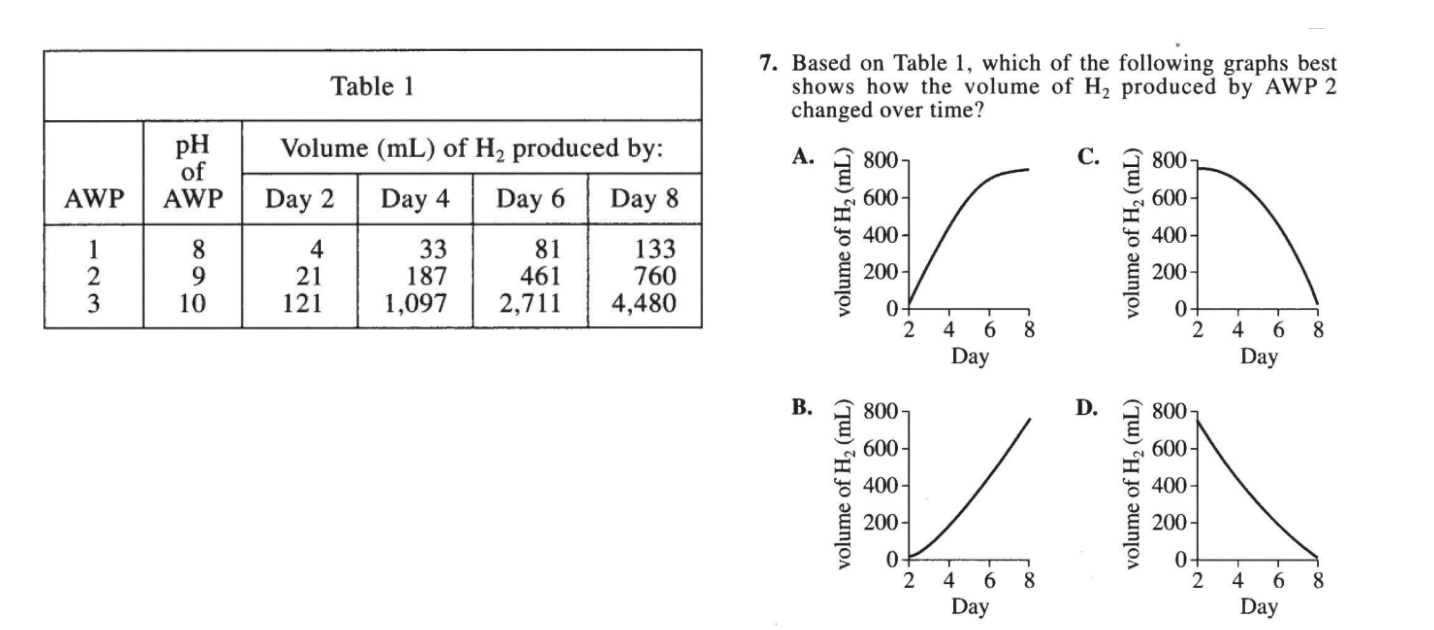“Do colleges like one test more than the other?” “Isn’t the SAT harder?” “What if I’m terrible at science?!” “But all my friends took the ACT!”
A lot of anxiety can go into choosing which standardized test to take for college admissions. The good news is that the current versions of the tests are actually more similar than they are different. These are not the two completely different tests your parents took. And colleges readily accept scores from both tests. So you really can’t go wrong!
Most of the time, the score you get on one test will be pretty comparable to the score you would get on the other. This is because both exams test things like grammar, math you’ve learned in school, and your ability to read, interpret, and draw inferences from passages. The best way to decide which test to take is to take one of each, and see how they feel respectively!
Here are the key differences between the tests:
|
Scoring Scale: |
Sections: |
Timing |
# of Questions |
|
|
ACT |
1-36 |
English, Math, Reading, and Science; optional essay |
English: 45 mins Math: 60 mins Reading: 35 mins Science: 35 mins Writing (optional): 40 mins |
English: 75 questions Math: 60 questions Reading: 40 questions Science: 40 questions Writing (optional): 1 prompt |
|
SAT |
400-1600 |
Reading, Writing and Language, Math (calculator & non-calculator), |
Reading: 65 mins Writing and Language: 35 mins Math No Calculator: 25 mins Math Calculator: 55 mins |
Reading: 52 questions Writing and Language: 44 questions Math No Calculator: 20 questions Math Calculator: 38 questions |
Here are some key considerations:
Speed
Do you usually work pretty quickly and find yourself with extra time at the end of tests? Or do you like to take it slow and spend a little more time on questions? The ACT allows fewer seconds per question, so if you're a quick test-taker, the ACT may be right for you. Conversely, if you are more comfortable working at a slower pace, the SAT may be a better fit.
Mental math ability
If you find yourself turning to your calculator for simple times tables or addition problems, you may struggle a bit on the no-calculator math section of the SAT. Quick! What’s 20% of 60? If that question gave you pause, you may want to consider taking the ACT since you can use your calculator for the entirety of the math section.
Are you a bookworm?
While both exams have a reading section, the SAT reading passages tend to be a little bit more advanced. For students who love to read and who read a lot outside of school, this is usually not a big deal. But if you struggle to get through the books assigned in your English class, you might consider the ACT.
This snippet is from a real SAT reading passage. See if you can make sense of it:

If you felt somewhat comfortable reading that, then the SAT may be right for you. If you found yourself completely lost in that passage, then the ACT may be a better fit for you.
Ability to interpret a graph
It is important to note that the ACT "science” section does not actually test your science knowledge! Instead, it tests your ability to look at a graph or a chart and make sense of what you are looking at. If you can look at a graph and understand what the different axes mean and whether there is a positive or negative relationship between the variables, ACT science should be a breeze. If the thought of reading a graph and looking at a science diagram makes you want to scream, the SAT is a great option!
Here’s an example from a real ACT exam:

If you put B, don’t sweat ACT “science" - and if this was a little challenging, not to worry! The SAT does not test your ability to interpret graphs, so it's a great option if that skill is not among your strengths.
The reality is:
The ACT and SAT are very similar tests, and as long as you learn the required content, familiarize yourself with whichever test you choose, learn the tips and tricks, and PRACTICE, PRACTICE, PRACTICE, you will do great. Happy choosing!


Comments